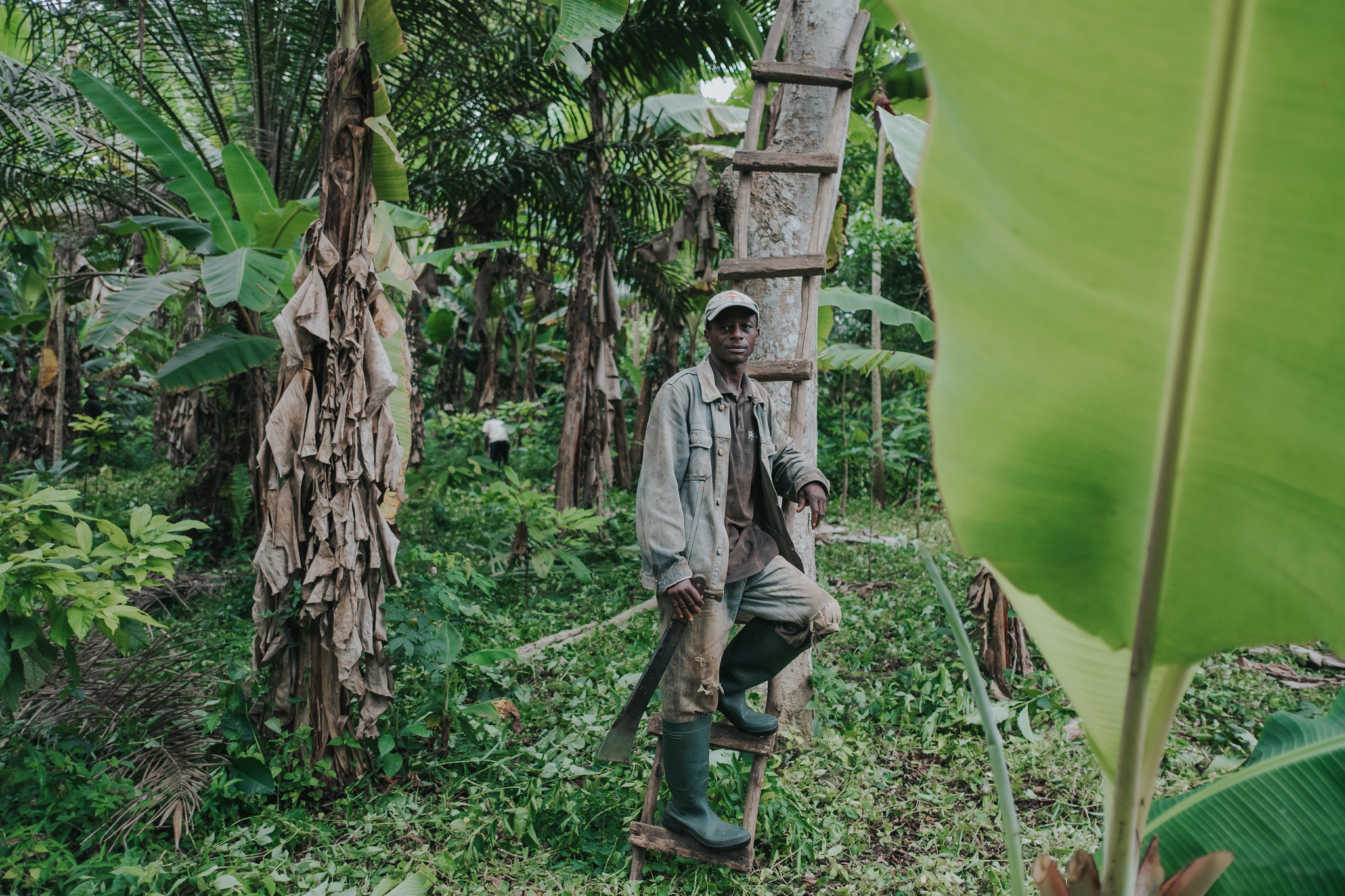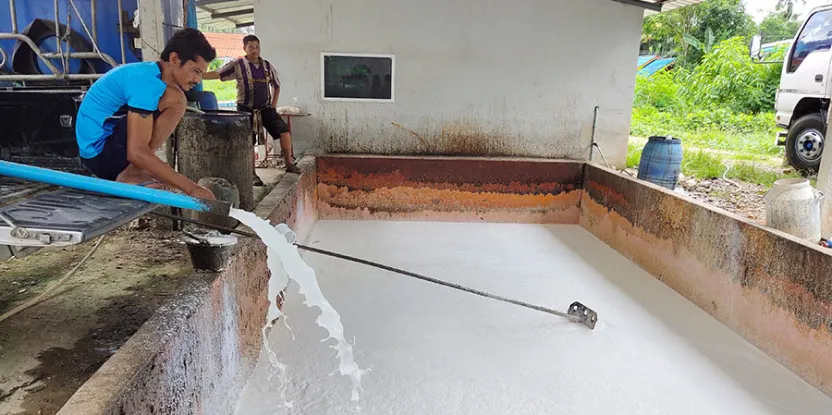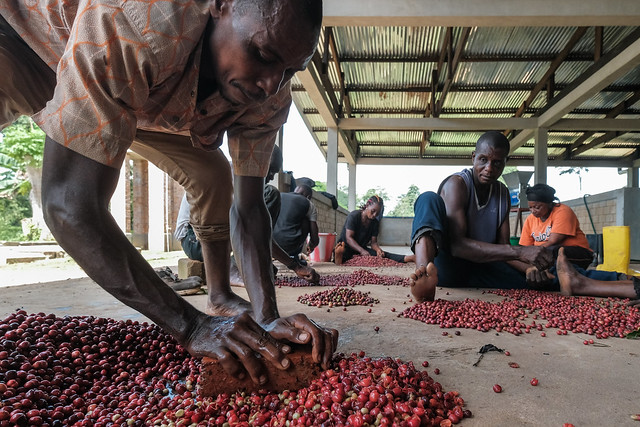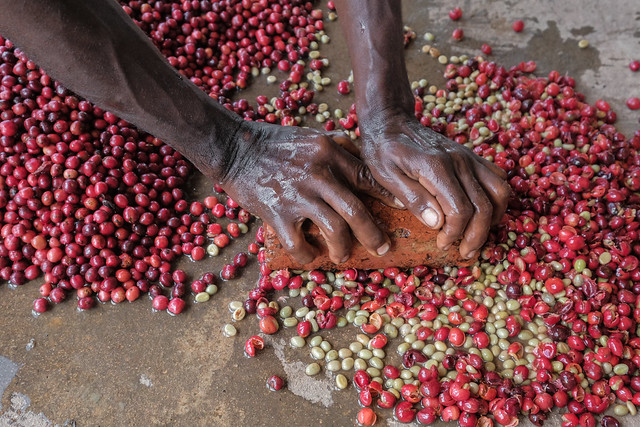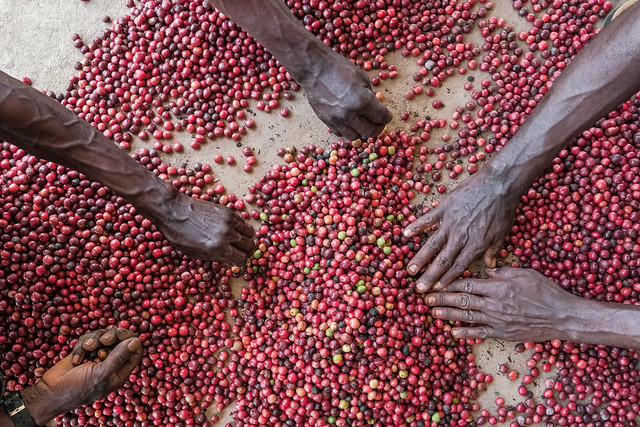Consumer awareness of how commodities – such as timber, cocoa and palm oil – affect ecosystems, people and the climate is driving a transformation in these industries. Private companies, governments and financial services providers are investing more and more in sustainable activities that reduce pressure on forests and farm-forest landscapes.
CIFOR-ICRAF is supporting this transition through research on public policy, business models, private investments and finance to find solutions that support smallholder farmers, who depend more and more on global markets for their incomes. Scientists are documenting the conditions needed to make supply chains more sustainable and inclusive, as well as exploring ways to leverage public and private initiatives to address performance gaps, particularly in the oil palm and cocoa sectors. And work on the sustainable production and marketing of non-timber forest products aims to improve smallholder livelihoods while maintaining ecosystem services and biodiversity.
Finance, trade and investment: Fast facts































